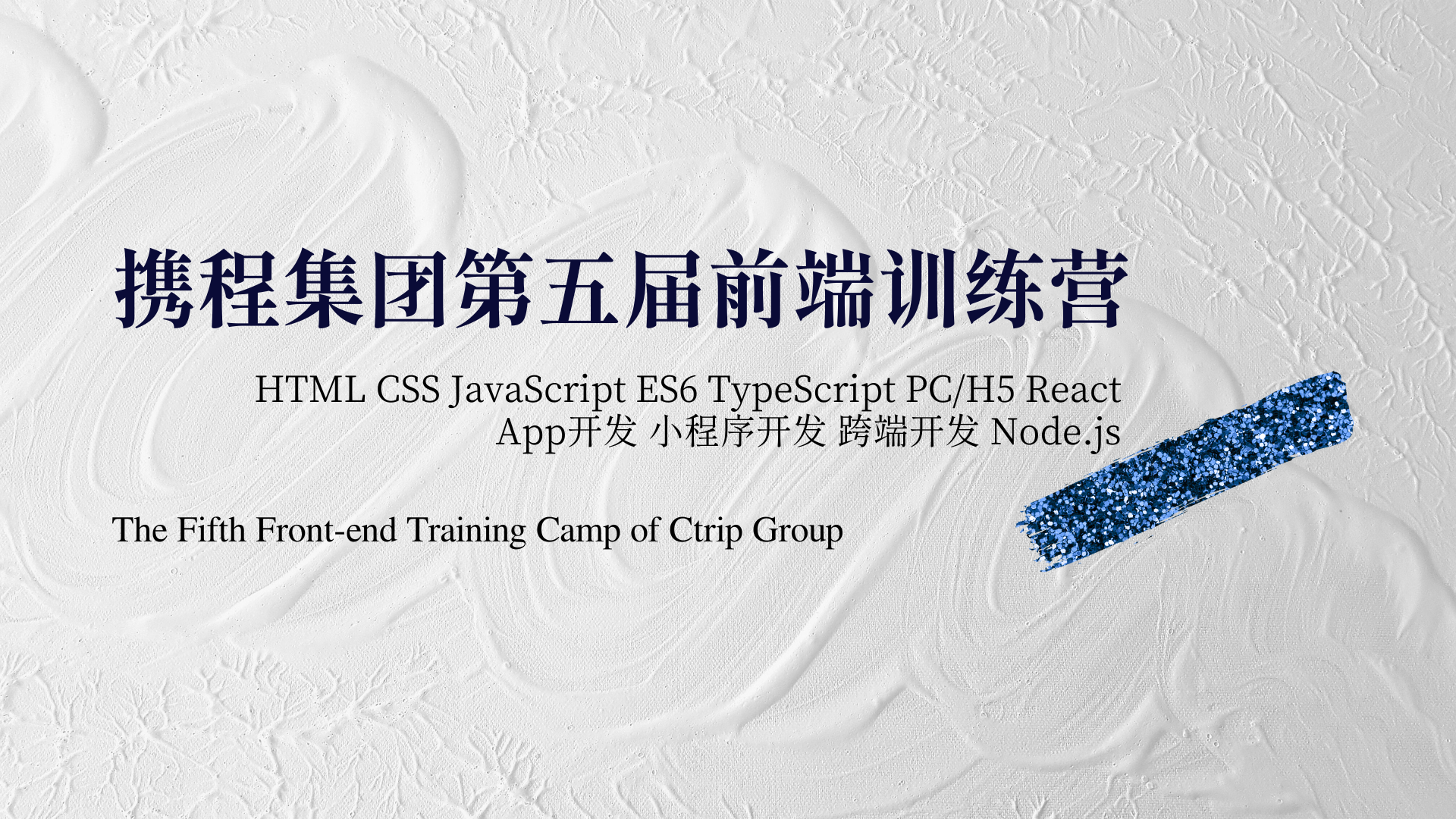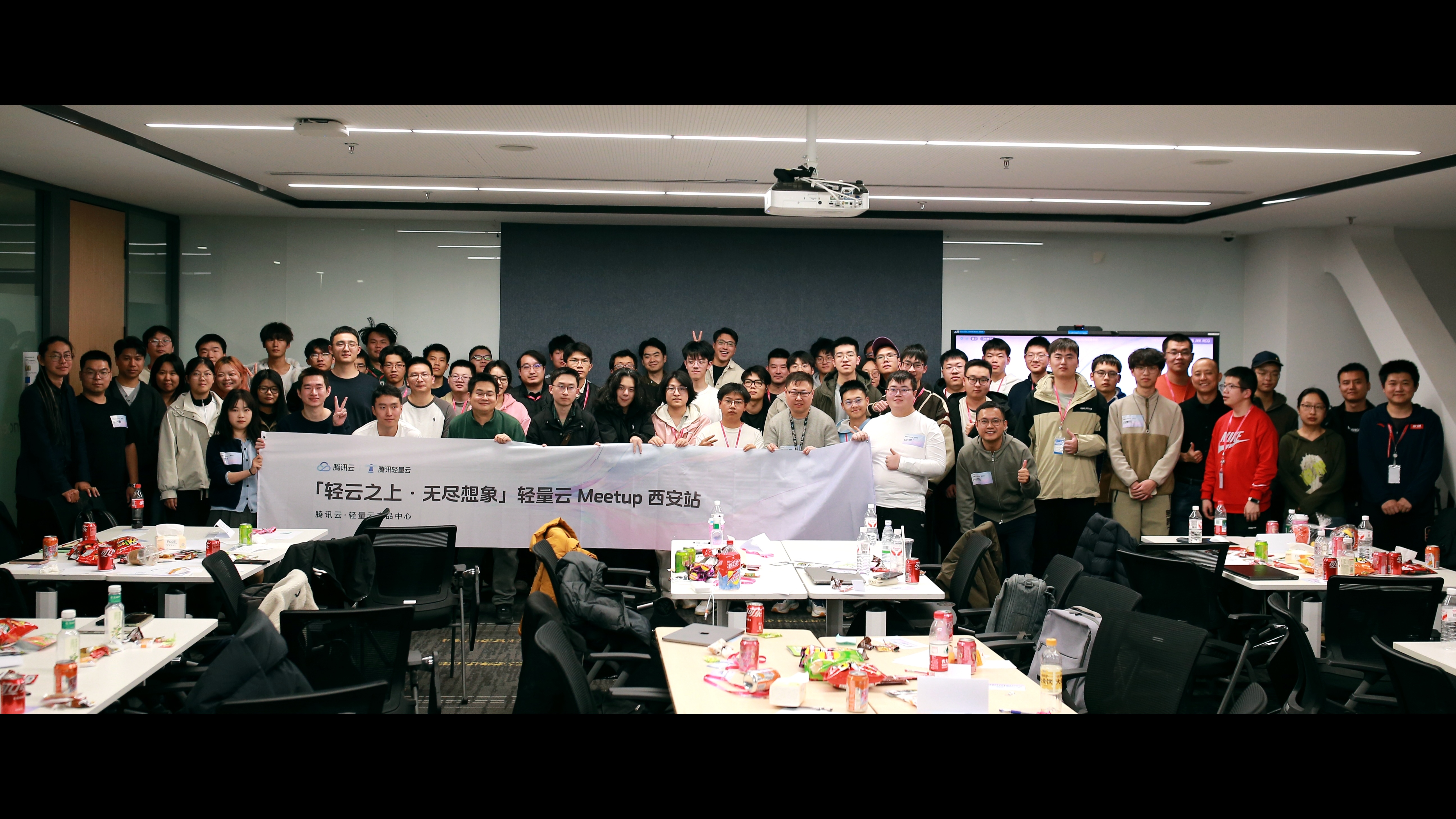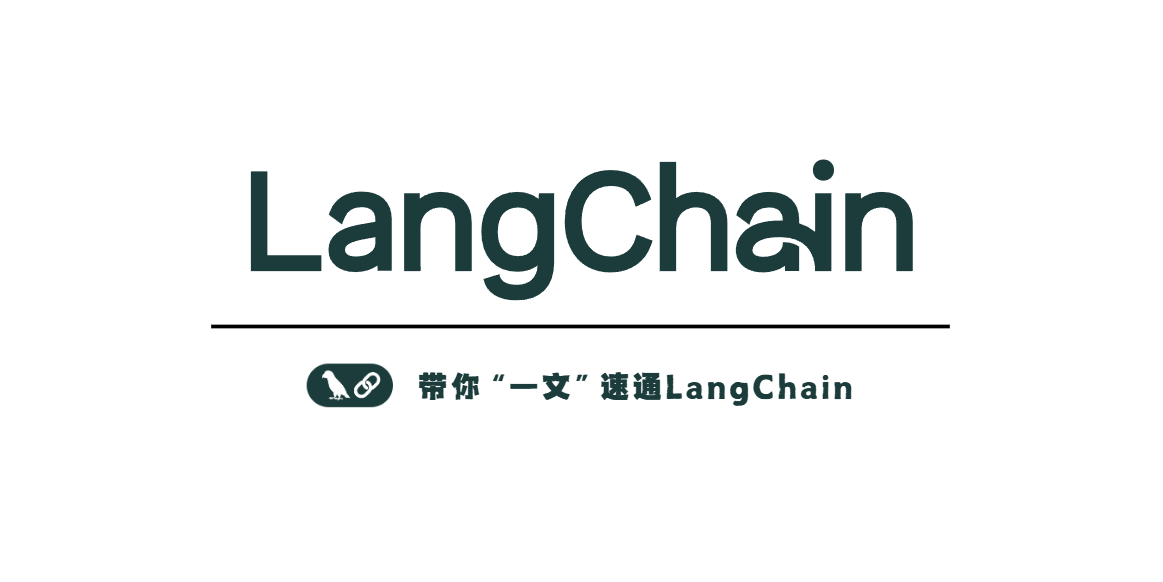类型推导
在 C++11 标准之前,开发者不得不面对冗长且易出错的类型声明 —— 无论是std::vector<std::map<std::string, int>>::iterator这样的复杂容器迭代器,还是依赖模板参数的动态类型,都需要手动精确指定。这种方式不仅降低了开发效率,更增加了代码维护的成本。为解决这一痛点,C++11 引入了auto和decltype两个关键字,将类型推导的工作交给编译器,实现了代码的简化与灵活性的提升。
auto 是 C++11 起引入的占位符类型说明符,核心作用是让编译器从初始化器或表达式中推导类型,简化代码编写;C++14 起新增decltype(auto)变体,进一步扩展了类型推导的精确性。其语法、用法及约束均围绕 “从上下文推导类型” 展开,适用于变量、函数、参数等多种场景。
auto
auto 的语法分为两种形式,支持 C++20 起的 “类型约束”(基于概念)来限制推导范围:
基础形式:可选类型约束 + auto
1 | const auto x = 5; |
1 | std::integral auto y = 10; //C++20,约束 y 为整数类型 |
decltype(auto)形式(C++14 起):可选类型约束 + decltype(auto)
1 | decltype(auto) ref = (x); |
推导结果与decltype((x))一致),且decltype(auto)必须是声明类型的唯一组成部分,不能搭配const /&等修饰符。
其中,“类型约束” 是 C++20 新增特性:若约束为Concept<A1,...,An>,则推导类型T需满足Concept<T, A1,...,An>;若约束无效或返回false,推导失败。
auto 的核心用法
参数声明
auto 作为参数类型时,主要用于泛型或简化参数声明,需注意版本限制:
auto作形式参数:C++20 起支持的 “简写函数模板”,表面上是用
auto作为函数形参1
2
3
4
5
6
7
8
9void Autofunc(auto x) {
cout << x << endl;
}
int main() {
Autofunc(10);
Autofunc(10.5);
Autofunc("hello");
return 0;
}auto x中的auto并非 “动态类型”,而是 编译期根据传入的实参类型,静态推导模板参数T的类型,推导逻辑与模板参数推导完全一致。- 调用
Autofunc(10):实参是int类型 → 推导T = int→ 实际调用Autofunc<int>(10); - 调用
Autofunc(10.5):实参是double类型 → 推导T = double→ 实际调用Autofunc<double>(10.5); - 调用
Autofunc("hello"):实参是const char*类型(字符串字面量的类型) → 推导T = const char*→ 实际调用Autofunc<const char*>("hello")。
注意:不允许在结构体或类型命中使用auto
- 调用
泛型 lambda(C++14 起):lambda 参数用 auto 时,该 lambda 成为泛型 lambda,支持多种类型参数。
1
auto add = [](auto a, auto b) { return a + b; }; //可接收 int、double 等类型
非类型模板参数(C++17 起):非类型模板参数用 auto 时,类型从模板实参推导。
1
template<auto N> auto get_val() { return N; }
调用 get_val<5>() 时,N 类型为 int
简写函数模板(C++20 起):函数参数用 auto 时,该函数自动成为模板函数,无需显式声明模板参数。
1
auto multiply(auto a, auto b) { return a * b; }
等价于
1
template<typename T, typename U> auto multiply(T a, U b) {...}
函数声明
auto 用于函数返回类型时,推导规则随 C++ 版本升级简化:
C++11:仅支持 “尾随返回类型”(需搭配
->指定推导依据),不能直接用 auto 推导返回类型。1
auto add(int a, double b) -> decltype(a + b) { return a + b; } //(返回类型由a + b推导)
C++14 起:支持直接用 auto 推导返回类型,无需尾随返回类型;未定义函数(仅声明)的返回类型,推导延迟到函数定义时。
1
auto func() { return 3.14; } //推导为 double
1
auto func(); //声明有效,定义时推导类型
变量声明
这是 auto 最常用的场景,核心规则是 “从初始化器推导类型”,需满足以下要求:
变量必须有初始化器,不能单独声明
auto x;(C++ 不允许,C 语言允许);可搭配
const/&等修饰符,修饰符参与类型推导(如const auto& ref = x;推导为 const 引用);同一声明中多个变量的推导类型必须一致,否则编译错误。
1
auto a = 5, b = 10.5; //错误,a 为 int,b 为 double
1
const auto* p = &a, q = 6; //正确,p 为 const int*,q 为 const int
1
2
3
4
5int main() {
auto b = 5;
//auto a = 5, b = 10.5; //错误,auto只能推导出一种类型
auto* p = &b, a = 10; //&x被推导为int*, a被推导为int,当p变为*p时auto被推导为int
}
auto&与const
1 | int main() { |
对顶层const
auto推导默认剥离“顶层const”
- 顶层const定义:指“变量本身是const”,比如
const int ca = 10中,ca的const修饰的是变量自身,即ca的值不能被修改,这就是顶层const。 - auto推导逻辑:当auto直接推导“非指针、非引用”的变量时,会自动忽略初始化表达式的顶层const,只保留变量的基础类型。
- 代码推导过程:
初始化器ca的类型是const int(顶层const),auto推导时剥离顶层const,因此a的最终类型是int(而非const int)。
→ 后续可修改a的值(如a = 20;是合法的),但不能修改ca(ca = 20;会编译报错)。
对底层const
auto推导会保留“底层const”(指针/引用指向的对象是const)
- 底层const定义:指“指针或引用指向的对象是const”,比如
&ca的结果是“指向const int的指针”,这里的const修饰的是“指针指向的内容”,而非指针本身,这就是底层const。 - auto推导逻辑:当auto推导的表达式是“指针”时,会保留表达式中的底层const,确保指针指向的对象属性不被破坏。
- 代码推导过程:
&ca的类型是const int*(指针指向的ca是const,即底层const),auto推导时保留该底层const,因此b的最终类型是const int*。
→ 后续可修改指针b的指向(如const int cb = 20; b = &cb;合法),但不能通过b修改指向的内容(*b = 30;会编译报错)。
auto&与const的强制保留规则
auto结合引用(auto&)时,会完整保留初始化表达式的const属性
- 引用的特性前提:引用必须与被引用对象的“cv限定符(const/volatile)”完全匹配,不能用非const引用绑定到const对象(否则会破坏const对象的不可修改性)。
- auto&推导逻辑:当auto后加
&(声明引用)时,推导不再忽略const,而是完整继承初始化表达式的所有cv限定符,确保引用绑定合法。 - 代码推导过程:
被引用的ca是const int,auto&需要继承其const属性,因此c的最终类型是const int&(const int的引用)。
→ 后续既不能通过c修改ca的值(c = 30;报错),也不能将c绑定到其他非const对象(如int x = 5; c = x;报错)。
结构化绑定声明(C++17 起)
auto 用于结构化绑定时,可解构数组、tuple、pair 或具有公共数据成员的类,将成员绑定到变量。例:auto [v, w] = std::make_pair(1, 3.14);(v 推导为 int,w 推导为 double)、int arr[2] = {10, 20}; auto [x, y] = arr;(x=10,y=20)
new 表达式
auto 可用于new表达式中,推导动态分配对象的类型(从初始化值推导)。例:auto p = new auto(42);(推导为 int*,动态分配 int 类型并初始化为 42)、auto arr = new auto[3]{1,2,3};(推导为 int*,动态分配 int 数组)
1 | auto p = new int(20); //p被推导为int* |
函数式转换(C++23 起)
auto 可作为函数式转换的类型说明符,用于简化类型转换的写法。例:auto(5.5)(等价于static_cast<double>(5.5),推导为 double 类型)
版本兼容性:C++11 前 auto 是 “存储期说明符”(与register功能类似),C++11 起废弃该用法,仅作为占位符类型说明符;
初始化列表约束:auto x = {1,2};推导为std::initializer_list<int>,但auto x{1,2};在 C++11 中为std::initializer_list<int>,C++14 起按 DR n3922 修复为 “编译错误”(需单元素);decltype(auto)不能用初始化列表推导(如decltype(auto) x = {1};错误);
多实体声明限制:同一声明中不能同时声明函数和变量(如auto f() -> int, x = 5;错误,CWG 1265 修复);
函数指针推导:C++11 曾禁止函数指针的返回类型用 auto 推导,CWG 2476 修复后,允许从初始化器推导(如auto (*fp)() = func;,fp 类型由 func 推导)。
decltype
decltype是 C++11 引入的类型查询运算符,核心作用是 “查询实体的声明类型或表达式的类型与值类别”,推导过程中不执行表达式。C++14 起扩展出decltype(auto)变体,C++20 起支持 “类型约束” 限制推导范围,其语法与推导逻辑围绕 “精准捕获类型” 设计,是泛型编程的核心工具。
语法
decltype的语法分为基础形式与扩展形式(含类型约束、decltype(auto)),不同形式对应不同版本支持与使用限制:
基础形式:decltype(表达式)
语法格式为decltype(e),其中e可是实体名(变量、类成员)或任意表达式(算术运算、函数调用等),推导结果为e的类型(含 cv 限定符、引用属性)。
1 | int x = 10; |
带类型约束的形式(C++20 起)
可在decltype前添加 “概念(Concept)” 作为类型约束,要求推导的类型满足概念条件,否则编译失败。语法格式为Concept decltype(e)或Concept<参数> decltype(e)。
1 |
|
decltype (auto) 变体(C++14 起)
decltype(auto)是基于decltype推导规则的 “简化写法”,语法上需作为声明类型的唯一组成部分,不能搭配**const/&/***等修饰符,推导逻辑完全遵循decltype的规则(而非auto)。
1 | int x = 42; |
推导规则
decltype的推导结果由e的 “语法形式” 与 “值类别” 共同决定:
e 是 “无括号的 id 表达式”(变量名、类成员名)
“id 表达式” 指直接引用实体的名称(无额外括号、运算),此时decltype(e)直接返回实体的声明类型,完整保留 cv 限定符(const/volatile)与引用属性,不做任何修改。
1 | // 1. 普通变量 |
e 是 “表达式”(含括号、运算、函数调用等)
若e不是无括号的 id 表达式(如(x)、x+1、ptr),则decltype(e)的结果由*表达式的 “值类别” 决定:
若e是左值(可寻址的对象,如变量、解引用指针、++x):推导为T&(左值引用);
若e是亡值(即将销毁的临时对象,如std::move(x)、返回右值引用的函数调用):推导为T&&(右值引用);
若e是纯右值(临时对象、字面量、x++):推导为T(非引用类型)。
| 表达式类型 | 值类别 | decltype 推导结果 | 代码示例 |
|---|---|---|---|
| 带括号的变量 | 左值 | T& | decltype((x)) → int& |
| 前缀自增(++x) | 左值 | T& | decltype(++x) → int& |
| 解引用(*ptr) | 左值 | T& | decltype(*ptr) → int& |
| std::move(x) | 亡值 | T&& | decltype(std::move(x)) → int&& |
| 后缀自增(x++) | 纯右值 | T | decltype(x++) → int |
| 算术运算(x+3) | 纯右值 | T | decltype(x+3) → int |
| 字面量(5.5) | 纯右值 | T | decltype(5.5) → double |
1 | int x = 42; |
e 是 “函数调用 / 重载运算符”
此时decltype(e)推导为函数的返回类型,推导过程中不执行函数(仅分析返回类型),且保留返回类型的 cv 限定符与引用属性。若函数重载,需确保表达式能唯一确定重载版本。
1 | // 1. 普通函数 |
函数类型由返回类型和参数表构成
用法
decltype的价值在于 “精准捕获类型”,尤其适用于auto无法满足的场景(如保留引用、不退化数组类型),核心用法集中在泛型编程、类型定义、函数返回类型等领域:
泛型函数的返回类型后置(与 auto 配合)
C++11 不支持auto直接推导泛型函数的返回类型(需 C++14),但可通过 “返回类型后置语法(trailing return type)” 结合decltype,让返回类型依赖函数参数的表达式类型,解决 “返回类型由参数运算决定” 的问题。
1 | // 泛型函数:返回两个参数相加的结果,类型由t+u决定 |
模板中获取 “关联类型”
在模板编程中,常需根据模板参数的 “表达式类型” 推导关联类型(如容器元素类型、函数参数类型),decltype可精准捕获这些类型,避免手动指定。
1 | // 模板函数:打印容器的所有元素,用decltype获取迭代器解引用类型 |
定义复杂类型的别名(简化代码)
对于数组、函数指针、嵌套容器等复杂类型,decltype可替代冗长的手动类型声明,通过表达式直接推导类型别名,提升代码可读性与可维护性。
1 | // 1. 推导数组类型(不退化,与auto不同) |
处理 “表达式类型依赖” 场景
当变量 / 函数的类型依赖于某个动态表达式(如模板参数的运算、条件判断的结果),decltype可实时捕获表达式类型,无需提前预判。
1 | // 模板:根据条件返回不同类型的结果,用decltype推导返回类型 |
decltype (auto) 的特殊用法
C++14 的decltype(auto)适用于 “既想简化写法,又需保留表达式类型” 的场景,常见于变量声明与函数返回(尤其泛型函数)。
1 | // 1. 变量声明:保留表达式的引用/const属性 |






